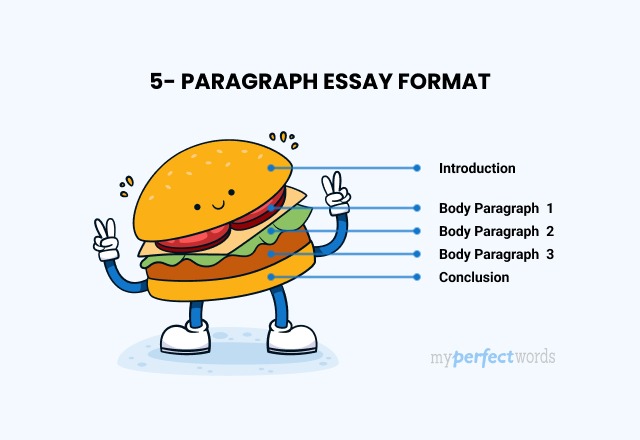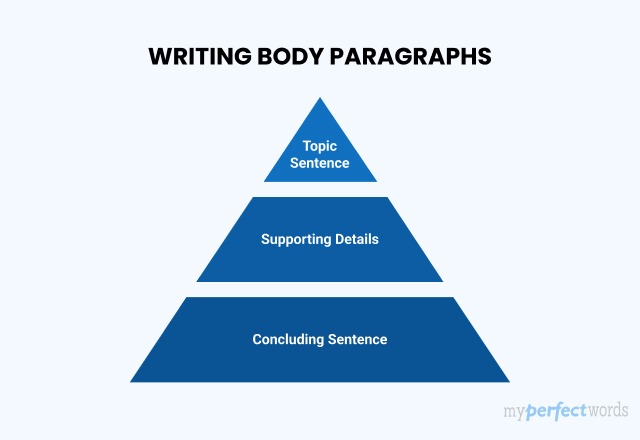Essay Writing Process
Writing an effective essay involves a systematic approach that can be broken down into three main stages: Pre-writing preparation, writing the essay, and proofreading & revision.
The time and effort you put into each step can change depending on the type, complexity, and length of the essay.
For instance, when writing a short personal narrative essay, you might spend more time thinking and framing your personal experiences. In contrast, when tackling a comprehensive research essay such as a literary analysis, you'll likely dedicate more time to reading and analyzing sources before you even start writing.
Here's a breakdown of each part of the essay-writing process:
1. Pre-writing Preparation | 2. Writing the Essay | 3. Proofreading & Revision |
Understand the Assignment | Introduction | Review Content |
Research the Essay Topics | Body Paragraphs | Check Organization |
Develop a Thesis/Argument | Conclusion | Polish Expression |
Create an Outline | Seek Feedback |
Steps To Write an Essay
Let's start at the beginning and work our way through these steps to write a good essay:
Step 1. Analyze the Question
Before you begin writing, carefully analyze the essay question or prompt. Pay attention to keywords and directives such as "discuss," "analyze," "compare," or "evaluate." Understand what is being asked of you and the scope of the topic.
You will need to:
- Identify the main topic and any specific aspects of the question.
- Break down the question into smaller parts to ensure you address all components.
- Consider the context and any relevant background information needed to approach the topic effectively.
Need help starting an essay? Our professional essay writing service is here for you!
Step 2. Define Your Argument
Based on your analysis of the question, formulate a clear and concise thesis statement that outlines your main argument or position. This thesis statement should provide a roadmap for your essay and guide the reader on what to expect.
- State your argument or main point in a single sentence.
- Ensure your thesis statement is specific, debatable, and directly relates to the essay prompt.
- Consider the scope of your argument and how it will be developed throughout the essay.
Step 3. Use Evidence and Reasoning
Support your argument with evidence, reasoning, and scholarly sources. This is where you demonstrate your understanding of the topic and your ability to critically analyze and synthesize information.
In this step you will need to:
- Gather relevant evidence from credible sources such as academic journals, books, and reputable websites.
- Use examples, statistics, quotations, and other forms of evidence to support your points.
- Apply critical thinking and reasoning to interpret and analyze the evidence in relation to your argument.
Step 4. Make Your Essay Outline
Structure your academic essay in a way that effectively communicates your argument and guides the reader through your ideas. A typical essay outline includes an introduction, body paragraphs, and a conclusion.
Break down your essay into its main sections and identify the key points for each section:
Essay Structure
- Hook: Choose an attention-grabbing hook that grabs the reader's attention. - Context: Provide essential background information to set the stage. - Thesis Statement: Craft a clear and concise thesis statement that outlines your main argument.
For each body paragraph: - Topic Sentence: Start with a topic sentence that introduces the main point of the paragraph. - Supporting Details: List supporting details, evidence, or examples that strengthen your argument. - Analysis: Briefly explain how the evidence supports your argument.
- Restate Thesis: Reiterate your thesis statement to remind the reader of your main argument. - Summarize Key Points: Summarize the main points made in your essay. - Closing Thought: End with a thought-provoking or memorable statement to leave a lasting impression. |
Point to Remember: Many essays, such as narrative, expository, and persuasive, typically follow a 5-paragraph essay structure: an introduction, three body paragraphs, and a conclusion.
Step 5. Write Clearly
The writing stage is where you bring your ideas and research together to create a cohesive essay. During this phase, you'll:
Write the Introduction
Start your essay by setting the stage for what's to come and give your reader some background on the topic. Here is what to include in your essay introduction:
- Start with a hook
- Provide background information
- End with a clear thesis statement
For instance, if your essay looks into the issue of climate change, your introduction could commence with a compelling fact like: "It is noteworthy that over the course of the last century, there has been an observed increase in the Earth's average temperature by approximately 1 degree Celsius, leading to far-reaching repercussions for the ecosystems of our planet." |
Develop Body Paragraphs
Within the body of your essay, you have the opportunity to expand on your key points and arguments. Here's what each body paragraph of your essay typically includes:
- Initiate each paragraph with a clear topic sentence.
- Provide supporting sentences for elaboration.
- Incorporate research-based evidence.
- Analyze evidence critically.
- Summarize with a concluding sentence.
For instance, in an essay addressing climate change, a body paragraph concerning its causes may commence by presenting data on greenhouse gas emissions. Later, it can explain how these emissions directly contribute to the phenomenon of global warming.
Compose a Strong Conclusion
Concluding your essay effectively holds great importance. It involves the summarization of critical points and the reinforcement of your thesis statement. You should avoid introducing new ideas here since this is meant to leave a final impression on your reader.
For instance, in an essay about climate change, the conclusion should recap the main insights, restate the thesis statement, and affirm the validity of the arguments.
Step 6. Cite Sources and Evidence
Properly cite all sources used in your essay to acknowledge the ideas and work of others. This includes both in-text citations and a bibliography or works cited page according to the required citation style (e.g., APA, MLA, Chicago).
Key actions:
- Follow the specific citation guidelines required by your instructor or institution.
- Attribute direct quotes, paraphrases, and ideas that are not your own to their original sources.
- Verify the accuracy of your citations and ensure they are formatted correctly.
Step 7. Review Your Essay
The reviewing stage is vital for refining your final draft with fresh eyes to ensure clarity and quality. During this phase, you'll:
- Correct spelling, grammar, and punctuation errors.
- Evaluate the overall sentence structure and flow and ensure logical progression from the introduction to the conclusion.
- Check for smooth transitions between sentences and paragraphs.
- Enhance the essay by refining arguments and supporting evidence. Also, add detail or rephrase sentences for better understanding.
Different Types of Essays
Essays come in various forms, each with its unique purpose and structure. Understanding the different types of essays can help you choose the most suitable approach for your writing task.
Here are some of the most common types of essays you may encounter:
- Argumentative Essays: Present a well-reasoned argument on a debatable issue, supported by evidence and logical reasoning.
- Expository Essays: Provide a clear and comprehensive explanation of a topic, using facts, statistics, and examples.
- Descriptive Essays: Use vivid sensory details to describe a person, place, thing, or event, aiming to create a rich, immersive experience for the reader.
- Narrative Essays: Tell a story or recount an event, focusing on personal experiences and often written in the first person.
- Persuasive Essays: Aim to convince the reader to accept a particular point of view or take a specific action through logical arguments and emotional appeals.
- Compare and Contrast Essays: Analyze the similarities and differences between two or more subjects, helping to highlight their unique qualities and relationships.
- Cause and Effect Essays: Explore the reasons why something happened and the subsequent results, often to explain complex relationships.
- Process Essays: Provide step-by-step instructions on how to complete a task or understand a process, ensuring clarity and completeness.
- Definition Essays: Explain the meaning of a term or concept in detail, often exploring its implications and different interpretations.
- Analytical Essays: Break down a subject into its component parts to examine how they work together, often focusing on literary works, events, or phenomena.
Essay Format
A proper essay format is essential for a well-structured academic paper. It includes writing conventions such as punctuation, capitalization, font, margins, spacing, citations and references, page numbers.
Another important aspect of formatting involves formatting styles like APA, MLA, or Chicago.
- Font, Margins, and Spacing: Use standard fonts (e.g., Times New Roman, Arial) with a 12-point size, 1-inch margins on all sides, and double-spacing throughout the essay.
- Title Page (if required): Create a title page with the essay title, your name, instructor's name, course, and date, following specific style guidelines.
- Citations and References: Properly cite sources within your essay text. Compile a reference list or bibliography according to the citation style (APA, MLA, Chicago).
- Page Numbers: Include page numbers in the header or footer of each page, following the style guide's instructions.
- Formatting Styles: Different academic disciplines and institutions may require specific formatting styles, so adhere to the guidelines relevant to your essay.
Essay Examples
Here are some essay examples for students to get inspiration:
Do's and Don'ts of Writing a Good Essay
Crafting an effective essay involves more than just putting words on paper. It requires careful planning, research, and attention to detail.
| Do's | Don'ts |
| Understand the Assignment: Ensure clarity on the essay prompt or task. | Procrastinate: Avoid starting your essay at the last minute. |
| Plan and Outline: Create a clear structure to organize your thoughts. | Go Off-Topic: Stick to the main point and avoid tangents. |
| Research Thoroughly: Gather credible sources to support your thesis. | Use Vague Language: Be specific; avoid ambiguous statements. |
| Write a Strong Thesis: Craft a concise statement that guides your essay. | Overcomplicate Sentences: Keep sentences clear and concise. |
| Use Clear Language: Communicate ideas in a straightforward manner. | Neglect Proofreading: Always edit and proofread for errors. |
| Use Transition Words: Connect ideas and ensure smooth paragraph flow. | Plagiarize: Never use someone else's work without proper citation. |
| Cite Properly: Attribute sources correctly to avoid plagiarism. | Ignore Formatting: Follow the formatting guidelines provided. |
By following these do's and don'ts, you can improve your essay writing skills and create well-structured essays.
Now, you have all the essential knowledge for writing essays. If you need extra assistance, you can simply visit our website and get essay writing help!
Our experts have years of experience crafting all types of essays for students like you. Whether it's college essays, research papers, or any other assignments, our writers have the expertise you need.
So why wait? Request your essay now!
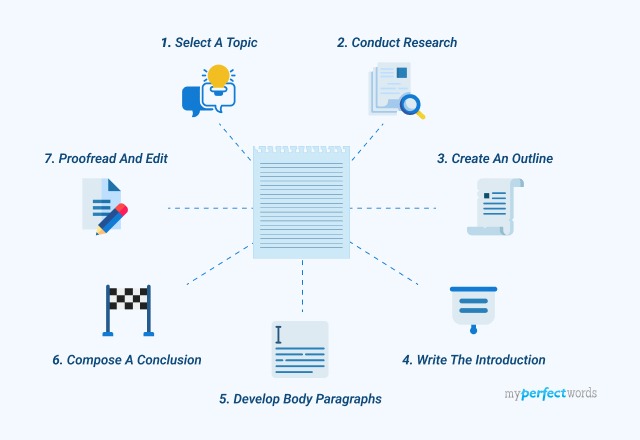



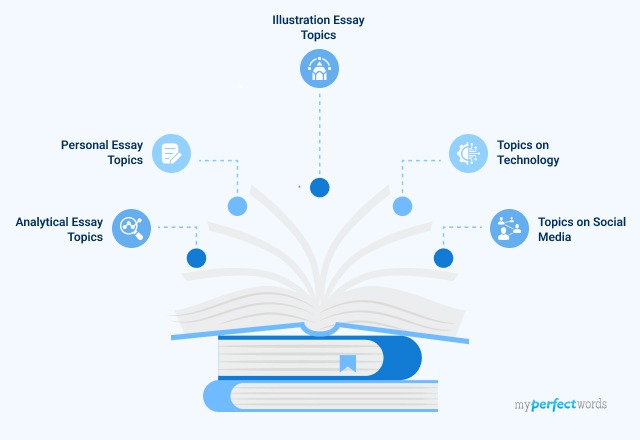


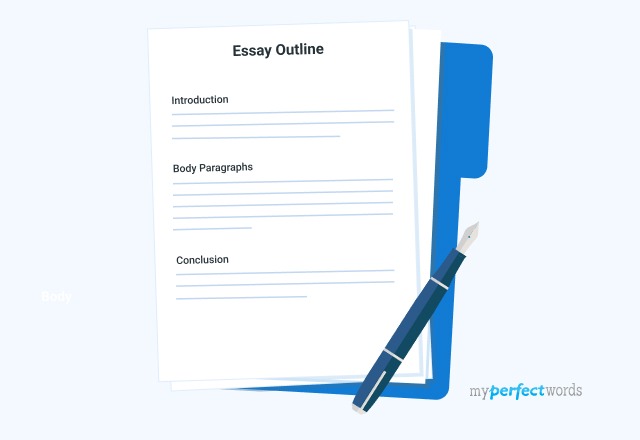

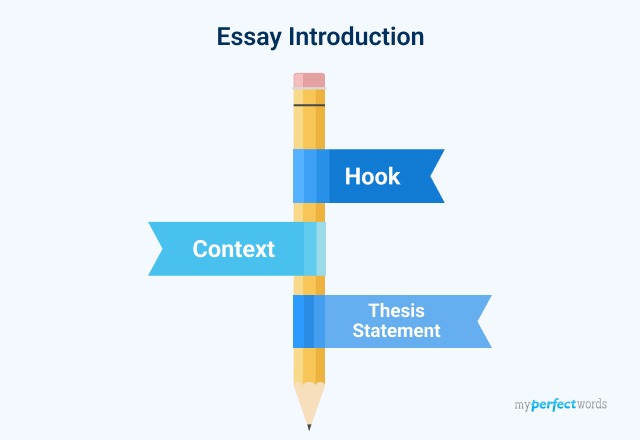
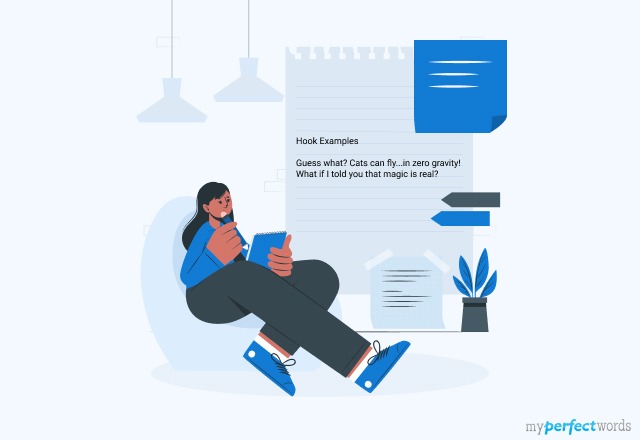

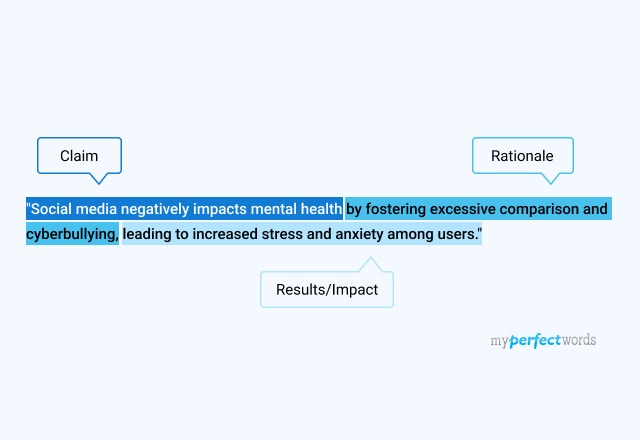





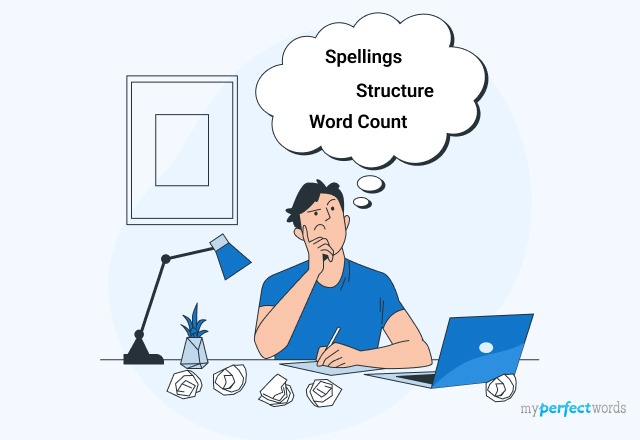
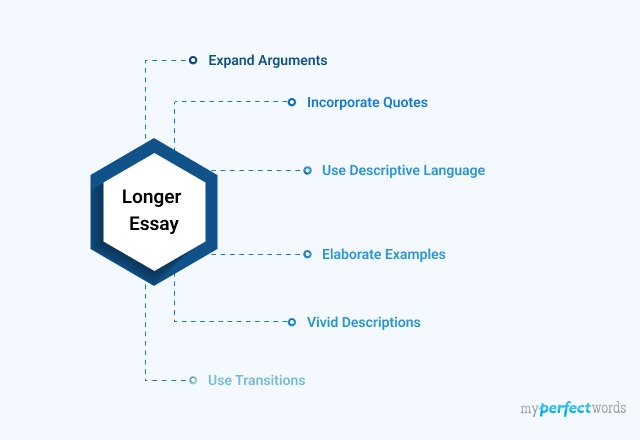
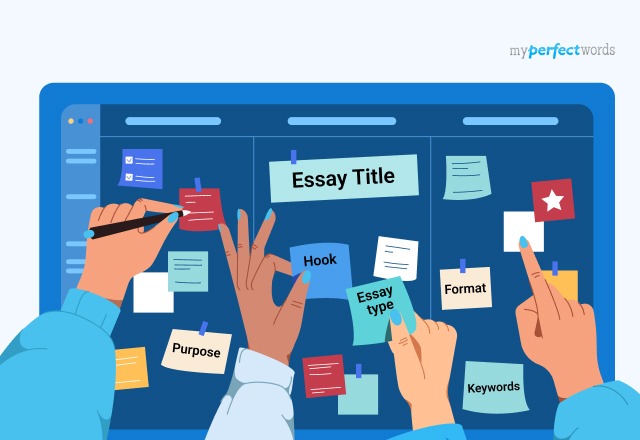
-9261.jpg)
